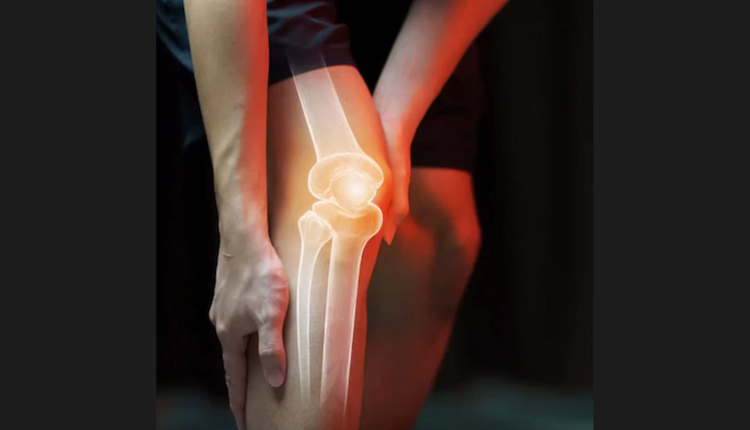Hyaluronic Acid Injections For Knee Osteoarthritis: Why UK Experts Say They Work
If you have bad knees because of knee osteoarthritis, injuries, or other musculoskeletal issues, pain medications will only take you so far. After all, these meds only mask the pain – they don’t actually do anything to address the root cause of the problem, which may be steadily worsening. You know what does a better job? Hyaluronic acid injections. Here’s why experts say they work!
Hyaluronic Acid
Hyaluronic acid is a naturally occurring molecule that attracts and retains moisture. Typically found in the eyes and skin, the compound is also present in the synovial fluid of the joints, where it acts as a shock absorber and lubricant. However, the amount of hyaluronic acid in the body can decrease with age or due to musculoskeletal conditions such as osteoarthritis, leading to pain and stiffness in various areas of the body – the most common regions being the knees and hips.
Natural Injections
Due to the rising incidence of knee osteoarthritis throughout the world, hyaluronic acid injections were developed as a natural treatment for knee pain, and they are often offered as an option when pain medications and physical therapy are no longer effective at reducing symptoms.
Experts from London Cartilage Clinic say that these injections are particularly beneficial for conditions such as osteoarthritis, tendonitis, and other debilitating musculoskeletal diseases, typically resulting in pain relief and improved joint mobility for months.
Hyaluronic acid injections can also slow the progression of joint degeneration, making them a minimally invasive alternative to surgery and potentially delaying the need for such intensive procedures. That’s the power of natural regeneration!
What to Expect
Hyaluronic acid injections are typically administered by experienced orthopaedic and regenerative surgeons. During the procedure, physicians will use advanced ultrasound technology to guide the injection, ensuring the highest level of precision.
While you’ll be able to walk afterwards, you’re advised to avoid high-impact sports or activities like jogging for at least 48 hours; you may also notice side effects such as swelling or pain at the injection site, but these are temporary.
Musculoskeletal experts add that most patients can expect to experience pain relief for several months after receiving hyaluronic injections. For more sustained benefits, you should definitely consider scheduling repeat injections.
If you want more information about hyaluronic acid injections, consider booking an appointment with a consultant orthopaedic surgeon. They’ll be able to tell you what you need to know about this cool treatment.


Comments are closed.